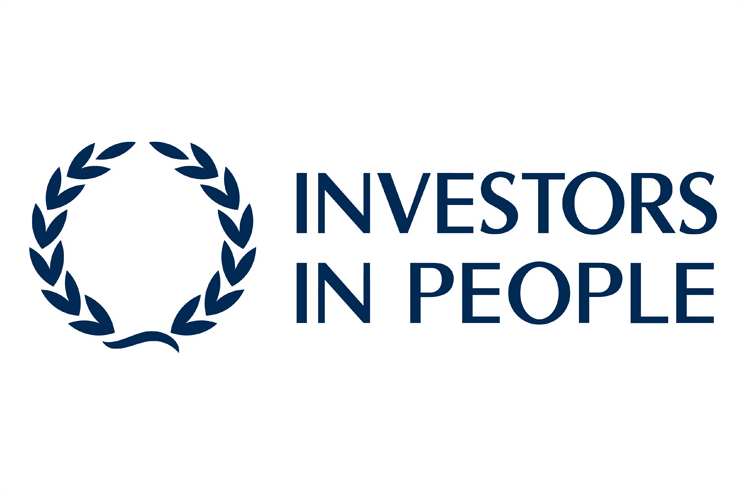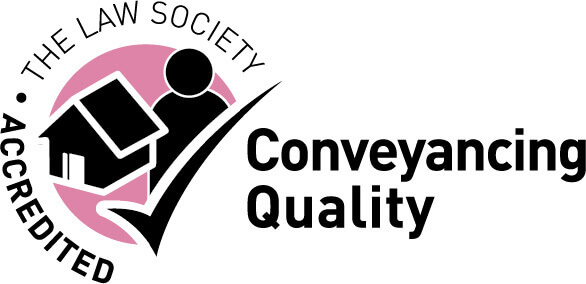A commonhold allows a person to own a freehold flat and be a member of the company that owns and manages the building’s shared areas and structures.
Commonhold is not a new concept – in fact, it was originally introduced in 2002, but over the ensuing 20 plus years it has failed to gain any traction. It was initially thought to be a replacement for leasehold ownership.
In 2017, the Government pledged to improve fairness for leaseholders, but any reforms so far have only included legislation setting ground rents to zero for new leases. Nothing has been addressed regarding service charges and repairs. At a recent conference on leasehold reform, a letter was read out:
“I’ve been billed for £7,000, having paid £5,000. I can’t afford to go to court … I’ve been battling with the agent for a year… I’ve paid all my service charges as the lawyer said I would be in breach of contract. The damp continues to seep through … I cannot sell because of the dispute.”
Whilst the pledge made in 2017 seems to show that people are taking notice of leaseholder concerns, the system continues to negatively impact owners.
Last year, the Government asked the Law Commission to come up with reforms to reinvigorate commonhold as a workable alternative to leasehold, and is currently consulting on those proposals. What decisions are made await to be seen, but it is difficult to fathom how commonhold will improve the position regarding bill and maintenance costs. If they are handed out to private companies to manage, the costs will be high and owners may still struggle to pay.
Further reforms promoting commonhold are expected shortly, but currently, it offers little comfort to leaseholders.
If you have any questions regarding the issues raised in this article, you can speak with our team by calling 01743 248545, or by sending an email to mail@hatchers.co.uk.





